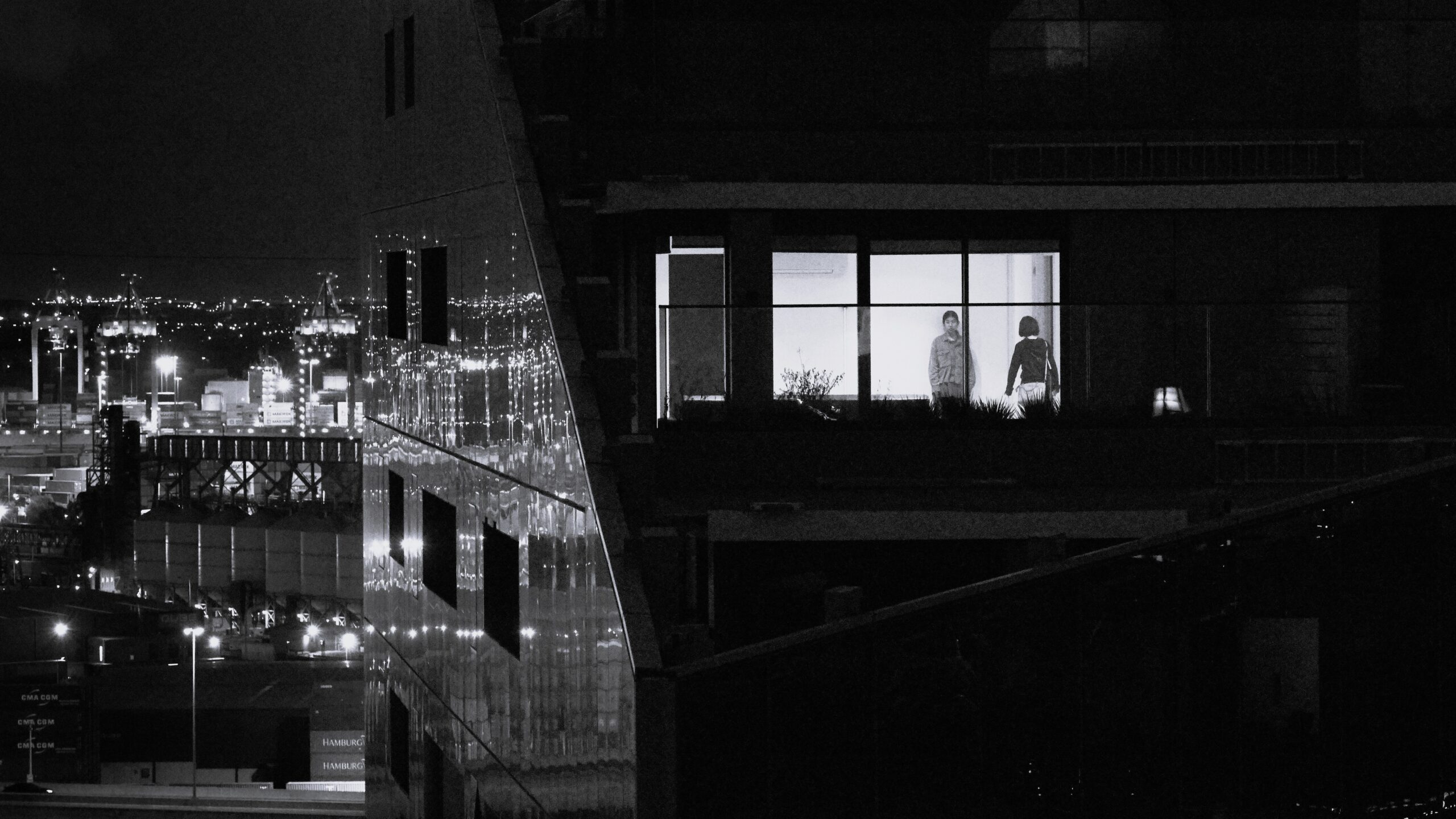The Responsibility of a Condominium Association to its Residents on Damage Claims
In South Florida where planned communities are common, condominium associations—and homeowners’ associations—are often the norm, not the exception. Florida Statutes Section 718.103 defines a condominium association as “any entity responsible for the operation of common elements owned in undivided shares by unit owners, any entity which operates or maintains other real property in which unit owners have use rights, where membership in the entity is composed exclusively of unit owners or their elected or appointed representatives and is a required condition of unit ownership.”
Similarly, under Florida Statutes Section 720.301, a homeowners’ association is defined as “a Florida corporation responsible for the operation of a community or a mobile home subdivision in which the voting membership is made up of parcel owners or their agents, or a combination thereof, and in which membership is a mandatory condition of parcel ownership, and which is authorized to impose assessments that, if unpaid, may become a lien on the Parcel. . . .”
Simply put, whether it is a Condominium Association or a Homeowners’ Association, it is that Association that is charged, generally through its Board of Directors, with managing and operating the development in question.
Disputes frequently arise between a condominium unit owner and the Association when that unit owner suffers damage to her unit because of something that occurred in a neighbor’s unit. For example, a hot water heater that bursts in a second floor unit can flood and cause significant damage to the unit immediately below it. Under such circumstances, is or can the Association be responsible for that damage? The answer is it depends upon what was damaged.
Under Florida Statutes Section 718.113, maintenance of the common elements is clearly the responsibility of the Association. As such, if there was damage to the drywall or ceilings in the downstairs unit, both which are considered common elements, that would be the responsibility of the Association although the Association would likely seek indemnification from the upstairs unit owner if his negligence caused the incident.
Common elements do not, however, cover “all personal property within the unit or limited common elements, and floor, wall, and ceiling coverings, electrical fixtures, appliances, water heaters, water filters, built-in cabinets and countertops, and window treatments, including curtains, drapes, blinds, hardware, and similar window treatment components, or replacements of any of the foregoing which are located within the boundaries of the unit and serve only such unit.” Florida Statutes Section 718.111(11)(f). Assuming there was damage to any of these and assuming, again, the upstairs unit owner was negligent, the unit owner suffering the damage would have to look to that upstairs owner or his insurance company to address those damages.
No aspect of this advertisement has been approved by the highest court in any state.
Results may vary depending on your particular facts and legal circumstances.
As the law continues to evolve on these matters, please note that this article is current as of date and time of publication and may not reflect subsequent developments. The content and interpretation of the issues addressed herein is subject to change. Cole Schotz P.C. disclaims any and all liability with respect to actions taken or not taken based on any or all of the contents of this publication to the fullest extent permitted by law. This is for general informational purposes and does not constitute legal advice or create an attorney-client relationship. Do not act or refrain from acting upon the information contained in this publication without obtaining legal, financial and tax advice. For further information, please do not hesitate to reach out to your firm contact or to any of the attorneys listed in this publication.
Join Our Mailing List
Stay up to date with the latest insights, events, and more






